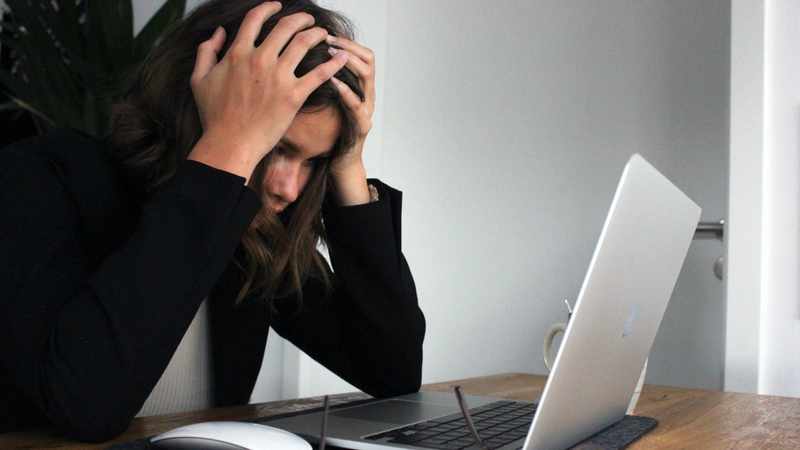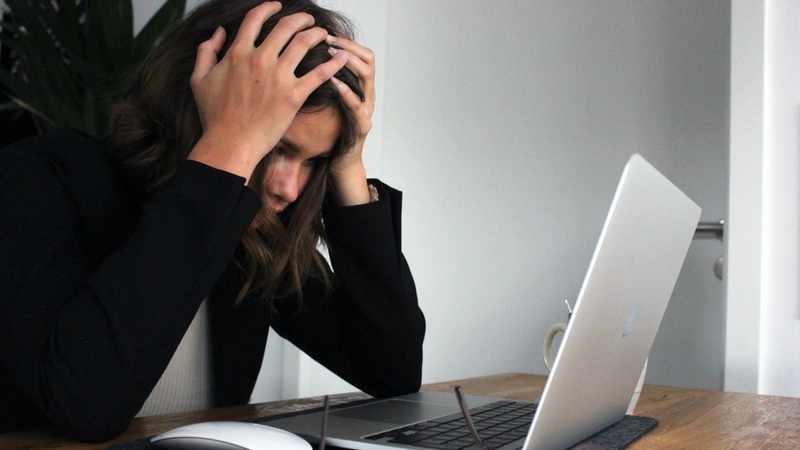
“I know they all wanted to keep working from home, but I need to be in the office. Working at home, away from people, has negatively affected my mental health.”
Mental health issues have been increasingly highlighted since the start of the pandemic, with more people being open about suffering from disorders such as depression and anxiety.
The hard lockdowns are said to have played a major role in this as people were cut off from their family and friends and forced to adapt to remote working.
Read our latest Property360 digital magazine below
But since life has largely returned to normal, and mental health issues are still prevalent for many people, one starts to question the reasons behind this, and whether working from home could be a cause.
FNB commercial property economist John Loos, who has a strong interest in, and insight into, the impact of people’s well-being on economies and vice-versa, says it is clear that South Africa’s offices and parking lots are much emptier than they were before the pandemic.
Although there is no accurate data yet in South Africa to show what proportion of the workforce has returned to the office, he says it is “noticeable” that more people are working from home.
“I always stated that a portion of the workforce would return to the office post-Covid, and we can see that significantly fewer people are working in these spaces.
“I think many companies still have to downscale their office space as the sentiment was very much ‘wait and see’, but I believe that the return to the office is now complete as there are no more lockdowns. We are seeing a lot of empty offices and parking spaces.”
Loos has also noted the rise in mental health disorders but says this cannot be attributed to people working from home – although companies that are against work-from-home routines will use this as an argument for employees to return to the office.
He explains further: “There are normal work-from-home situations now where people still go out and have social lives, and then there were the harsh work-from-home structures during the lockdowns where people were confined to their homes. But the lockdowns are not there anymore.”
Recessions affect mental health too
One also has to understand that mental health issues increase during recessions, so it cannot be concluded that the rise in such disorders is due to the lockdowns or working from home.
“In the global financial crisis, we saw an increase in the number of mental health issues in the United States. In South Africa, we are living in a depressed economy with tough economic conditions and a recession. We have been in this environment for years and that can also affect people’s mental health.
“Also remember that there have been job losses, and people have lost family and friends to Covid,” Loos says.
Working from home vs the office
He believes that the causes of mental health issues need to be examined “case by case”.
“Some people who are more extroverted will like to be in the office and others who are more introverted will prefer to work from home.”
Dr Colinda Linde, a clinical psychologist and board member at the South African Depression and Anxiety Group (SADAG), says working from home is an emotional adjustment as well as practical.
“It’s tricky managing a meeting when some are in the room and others remote – cameras being off is even worse as there is no proper connection with each other.
“It’s also disconcerting keeping track of who is in, which days, and who is working remotely. Another thing to manage is that, if you are at the office, you walk to different rooms between meetings instead of just clicking the next link, and this must be built into meeting schedules.”
On the other hand, she says, many people report that their home offices are perfectly set up, and that hot desking entails having to adjust seats and screens to fit their preferences, which also wastes time. There are also more interruptions when at the office.
“Childcare and school lifts are a challenge again for those who preferred the flexibility of being able to do this working remotely. However, some are relieved that they can finally connect and interact in person.”
Blurred lines
Another problem with working from home is that, during the hard lockdowns, many employees reported working more, and harder, at home than they ever did in the office, and this can also impact their mental health.
People tended to use the time saved from the daily commute to work more, instead of, for example, exercising more, says life and executive coach Neil Bierbum.
“On average, people worked two hours more per day. Plus the boundaries became blurred in the sense that people felt obliged to respond to after-hours emails much more and much later than they would have otherwise.
“Often there were no breaks between online meetings where a person would normally have walked from one meeting to another. Plus there are the stresses of kids, dogs, and doorbells ringing. So, in these ways, working from home added to people’s stress levels.”
Naturally, while there are many pros of working from home, it is not all roses, and this is why most people now seem to want to do two days at home and three at the office.
“That seems to be the balance that is being struck. It gives people some autonomy and allows for enough movement and in-person contact, both of which are essential for mental health,” Bierbum says.
Pros and cons of working from home
Siphokazi Sarah Qotyana-Mjoli, a Durban-based clinical psychologist, says the unprecedented switch to working from home began with many disadvantages and a negative impact on people’s mental health. Citing an online survey conducted by the American Psychological Association between March 26 and April 5, 2021, she says the majority of employees working from home said they experienced negative mental health impacts. This included isolation, loneliness, and difficulty getting away from work at the end of the day.
These, she notes, are some of the disadvantages of working from home:
- Loneliness and isolation
“Unexpected changes to the working environment can have significant impacts on the well-being of individuals. The transition to working remotely has led to the inability to partake in face-to-face meetings and limited social interactions with co-workers.
“The socialisation with colleagues, which could be a simple chat and vent about work and life, can be sorely missed. The physical disconnect with colleagues and friends is irreplaceable by virtual conversations, leaving people feeling lonely and isolated, and leading to negative impacts on their mental health.”
She says studies also show that there are links between isolation and higher rates of depression, anxiety, and somatic symptoms.
- Anxiety, stress, and pressure
Qotyana-Mjoli says many clients report feeling pressure to meet performance standards, and that unmanageable workloads “have left employees feeling highly anxious and stressed”.
- Depression
Furthermore, research shows that depression and other serious mental health problems following a pandemic are exacerbated by loneliness and lack of social support.
Read our latest Home Improver digital magazine below
There are, however, advantages to working from home, and this routine has been beneficial for people who used the time to spend quality time with family members and learn new skills, both of which affect well-being.
She says research by Oracle shows that 51% of employees spent more time with their family, 31% got more sleep, and 30% felt more productive.
The advantages of working from home include:
- Improved well-being
“Employees and students who travel felt that they saved on finances as well. Working from home enables individuals to get benefits like additional hours of sleep, spending more time with spouses and children, exercising, spending quality time on upskilling, rekindling old hobbies, or just preparing healthy meals.”
- Flexibility
Another major advantage of working remotely, Qotyana-Mjoli says, is an employee’s ability to work hours that suit them, which could be earlier or later in the day.
“Women juggling between professional and personal lives have been banking more on flexible working hours.”
Large-scale office downsizing expected
Loos emphasises that he still believes that there is a lot of downsizing of office space to come, and that owners of buildings may consider renting excess space out to tenants.
“A survey in the US shows that a significant amount of people are not back in the office, with only about 20% of the workforce back. And considering that there are jobs where people cannot work from home, such as retail, this number is significant.”
He adds that some South African companies are “being strict” and insisting that workers are back in the office, and that he believes this will “just lead to skilled labour starting to look for other flexible working options”.
“More progressive companies will use this as a carrot to attract skilled workers, even if there is less money to offer as remuneration.”
Working and mental health advice
Linde offers the following tips for companies and employees to cope with a return to the office:
– Allow for a period of adjustment; some people take a little longer to adjust to change.
– Dusting off social skills you haven’t used in a while is a challenge for some. Management can arrange socials so that people have some opportunity to ease into contact again.
– Also schedule discussion opportunities for people to express how they’re doing or what they need; rather this than gossip in the corridors.
Qotyana-Mjoli says there are many mental health services available, including online counselling.
“Mental health professionals to whom employees and students can turn, ensure confidentiality. Regular check-in sessions with them when one feels overwhelmed go a long way to ensure intervention before it is too late.
“The use of psychological assessments can help employers keep track of their employees’ and students’ mental health to identify issues and take timely actions,” she adds.
IOL BUSINESS
